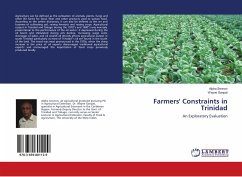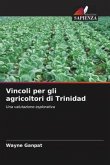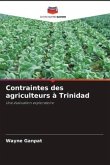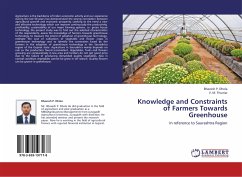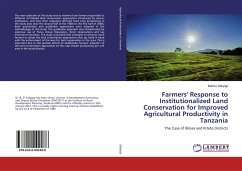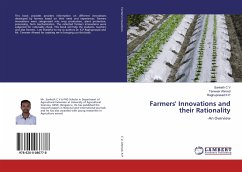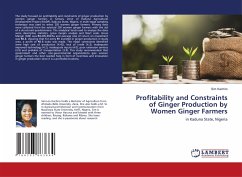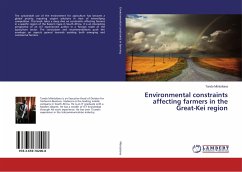Agriculture can be defined as the cultivation of animals, plants, fungi and other life forms for food, fiber and other products used to sustain food. According to the online dictionary, it can also be defined as the art and business of cultivating soil, raising livestock and raising crops. Agricultural output in Trinidad and Tobago during the 1970 s and 1980 s was inversely proportional to the performance of the oil sector: it depressed during the oil boom and stimulated during oil's decline. Increasing wage costs, shortages of labor, and oil wealth all directly affects agricultural output in south Trinidad particularly as most of Trinidad s oil are found in the south of the land. The trend was most pronounced in the 1970s, when the sharp increase in the price of oil exports discouraged traditional agricultural exports and encouraged the importation of food crops previously produced locally.
Bitte wählen Sie Ihr Anliegen aus.
Rechnungen
Retourenschein anfordern
Bestellstatus
Storno

